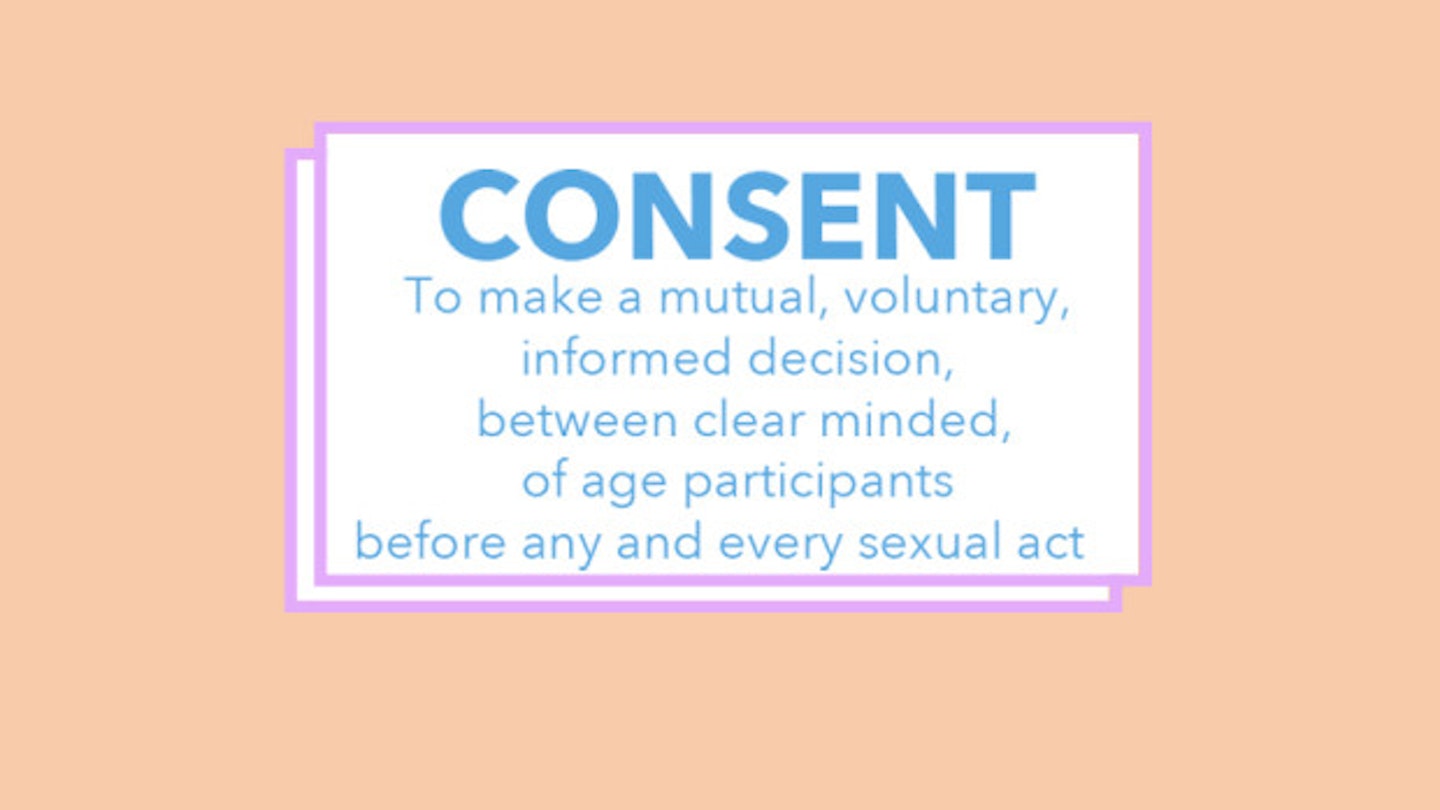I went to university in 2006 at the age of 18 and graduated in 2010. Before that point I had been fortunate in that I had never experienced the sort of sexism that almost winds you, leaving you speechless. I had never been physically harassed in a way that makes you feel suddenly alone and vulnerable. I had never been mocked publicly for not wanting to have sex with someone. I had never questioned the principle of consent because it had always been implicit in my sexual relationships. And, I had certainly never felt the hot, quick and sharp anger that bubbled up when I heard that one of my peers had reported a rape and been dismissed by administrators.
It’s possible that there was a particularly bad, embedded and endemic cultural problem at my university. In my second year a college newspaper which had run for years, edited by ‘the lads’ it contained details of which female fresher had done what with whom in gruesome and often derogatory detail was finally banned. The spirit of the entire thing was very much 'it's not rape if you shout banter' type japes, with a side of slut shaming and a pint of misogyny to wash it all down. The fact that it even existed in 2006 was baffling to me, when I voiced that opinion I was lambasted for being 'frigid'.
However, the 2010 NUS Hidden Marks survey is anything to go by then my experiences of consent and sexual assault at university were, sadly, fairly representative. One in seven women responding reported experiencing a serious physical or sexual assault during their time as a student. Over two thirds had experienced verbal or non-verbal harassment, including groping, flashing and unwanted sexual comments, and 12% had been subjected to stalking.
Last year The Debrief reported that the Government was calling for a crackdown on ‘lad culture’. A task force was set up, comprising members from universities up and down the country, to investigate the ‘sexual and verbal assault’ experienced by women on campuses because, quite clearly, there was a serious problem.
It’s taken a year for the task force to report back so while we were waiting The Debrief did a round-up of how Britain’s top universities were doing when it comes to sexual assault and consent.
On Friday Universities UK finally published their recommendations for dealing with violence against women and harassment. Among other things they have said that all universities should bring into practice ‘a zero-tolerance approach to sexual violence, harassment and hate crime’ and that ‘clear and accessible’ response procedures are needed, alongside ‘centralised reporting systems for dealing with incidents of violence.’
The taskforce have also found that previous guidelines, known as the Zellick guidelines which date back to 1994, are out of date and in need of review. It’s somewhat concerning that it’s taken until now for this to be established officially – if you can believe it the Zellick report explicitly states that ‘rape and sexual assault should never be investigated via internal disciplinary procedures.’
Caroline Dinenage, Minister for Women and Equalities told The Debrief, ‘Sexual harassment or violence against women is wrong. No woman should have to tolerate this at any stage of her life, let alone at university when most students are living in new parts of the country, away from their support network of family and friends. This report shows the need to clamp down on this behaviour on our campuses, as well as making sure that universities give women the support they need if they are unfortunate enough to experience this during their university years.’
The problems which currently exist in British universities when it comes to sexual assault and harrassment have long been overdue this sort of scrutiny. It's high time that proper guidelines are put in place for dealing not only with instances of rape and harrassment but for tackling the culture which endorses such behaviour under the auspcies of 'banter'.
You might also be interested in:
Why Is The Issue Of Consent At University So Difficult To Grasp?
Follow Vicky on Twitter @Victoria_Spratt
This article originally appeared on The Debrief.
